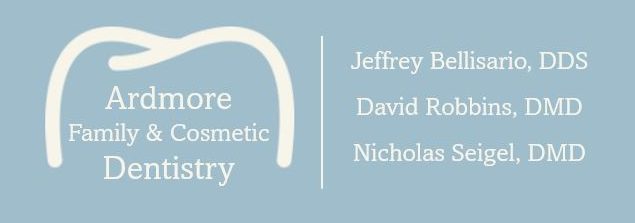Dental crowns are among the most common restorative dental procedures. They can be used to help restore your teeth after suffering decay or damage. They’re also often the finishing touch for a single dental implant. With the right care and attention, a dental crown in Ardmore, PA, could last you up to thirty years before needing to be replaced. By following your dentist’s aftercare tips and continuing to stay on top of your oral health, you can help keep your crown strong and healthy for years to come.

How to Care for a Dental Crown in Ardmore, PA
Taking care of a new dental restoration is often easier than you might think. Restoration technology has continued to improve, allowing patients to clean and maintain their treatment with greater ease. Dental crowns are made from a durable material that isn’t as susceptible to plaque as your natural teeth. However, crowns are designed to fit over your natural tooth structure, so you still need to take care of the enamel and dentin underneath.
The First Days
Your first few days after getting a dental crown are often the most crucial for its continued success. It’s often best to avoid hard or chewy foods that could dislodge your crown as it settles. Typically, your crown should be properly set and ready for full use after a day or two.
Overall, biting may feel a little weird at first, but you should quickly adjust. If you notice any movement, pain, or discomfort while chewing, make an appointment with your dentist as soon as possible for a follow-up. They may need to make adjustments to your crown to reset it to the proper position.
Oral Hygiene
With a dental crown, you should continue to brush your teeth as usual. You’ll also still need to floss between your teeth, especially around the crown. However, when flossing, you should pull the thread through your teeth rather than back up. Pulling up with your floss around the crown could cause it to loosen or even fall out.
Depending on your oral health, your dentist may suggest adding other tools or products to your hygiene routine. For example, they may recommend using an antibacterial mouthwash to help reduce plaque buildup. Or they may recommend switching to an electric toothbrush that can help measure the pressure you apply while brushing.
Preventative Care
One of the most important things you can do to keep your new crown strong is to make sure you see your dentist regularly for a cleaning and exam. Most patients will need to see the dentist about every six months to help ensure their teeth and gums are clean. During your exam, your dentist may be able to pick out any early warning signs of trouble with your crown. By staying on top of your hygiene appointments, you can help ensure a long life for your dental crown.
If you need a dental crown for any reason, The Office of Doctor Bellisario is here to help. Call us today at (610) 839-8967 to schedule a consultation and learn more about our restorative dentistry options.
